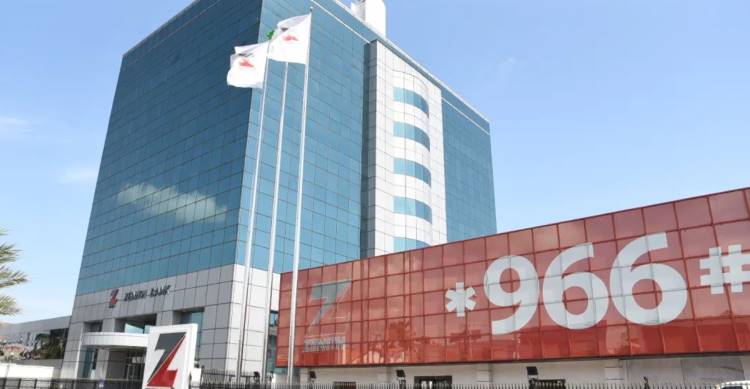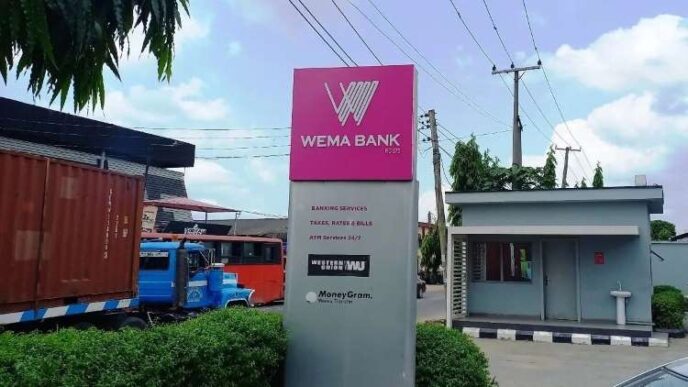As a leader in the Nigerian banking sector, Zenith Bank Plc has emerged as a clear frontrunner in navigating the Central Bank of Nigeria’s (CBN) latest directive on regulatory forbearance, which temporarily halts dividend payments, director bonuses, and foreign investment expansions for banks with significant credit exposure.
While the policy aims to strengthen capital buffers and curb concentration risk, Zenith Bank’s robust financials and superior capital adequacy position it well to comply swiftly without compromising its operations or investor confidence.
The institution’s longstanding reputation for prudence and stability not only assures stakeholders during this policy transition but also signals its readiness for renewed dividend distributions once regulatory conditions are met. With systemic importance and a proven track record, Zenith Bank is poised to exit the forbearance regime stronger and more resilient.
The systemically important institutions grouped under the FUGAZ classification—First Bank, UBA, GTBank, Access Bank, and Zenith Bank—form the backbone of Nigeria’s financial system. Among these elite banks, Zenith Bank continues to stand out as a symbol of enduring excellence, demonstrating unmatched financial strength and operational rigor. Its performance within Nigeria’s evolving regulatory landscape reinforces its status as a benchmark for stability and prudence.
Zenith Bank’s financial profile remains unmatched, setting the standard in the banking industry. It has sustained leadership in Tier 1 capital adequacy for sixteen straight years while maintaining profitability levels that surpass local and international benchmarks. Its consistent recognition as one of the world’s top 1,000 banks for fifteen consecutive years highlights not only its superior financial performance but also its governance, strategic foresight, and global best practices.
The bank’s dividend record underscores its reliable cash flow generation and commitment to shareholder value. This consistency reflects confidence in its long-term profitability and the soundness of its capital allocation policies.
As one of the most profitable and well-capitalized banks in Nigeria, Zenith Bank’s earnings power places it in a unique position to absorb the temporary impact of the forbearance regime without disrupting its core business strategies.
Zenith Bank’s 2024 financial results further validate its market leadership. With net profit after tax surpassing ₦1.3 trillion even after significant provisioning, the bank could have recorded over ₦2 trillion without these adjustments. Its estimated exposure under regulatory forbearance stands at about ₦1 trillion, a manageable figure when weighed against its earnings power. Gross earnings of ₦949 billion in Q1 2025 suggest a half-year performance exceeding ₦2 trillion, indicating that Zenith can fully absorb the forbearance burden within the same fiscal year.
This financial muscle allows Zenith Bank to remain unshaken in the face of regulatory forbearance. The ability to offset its entire exposure through earnings by mid-year demonstrates the institution’s exceptional resilience and operational strength. As assets under forbearance improve and begin generating returns, all recovered cash will flow directly to profit, enhancing the bank’s capital and reinforcing a cycle of growth and profitability.
The logic that the size of the pie determines what can be taken or shared applies directly here. Zenith Bank’s substantial income capacity ensures that it can meet temporary regulatory demands without derailing its strategic objectives.
Zenith Bank’s transition from its 2024 audited results through the Q1 2025 figures confirms its preparedness to exit the forbearance regime while preserving market share and dividend traditions. The numbers point to no structural impediments in returning to normal capital policies once regulatory thresholds are met.
The temporary suspension of dividends and other financial activities does not hinder Zenith Bank’s capacity for long-term expansion. On the contrary, it provides a platform for more sustainable growth, backed by solid capital foundations.
The lender’s financial strength ensures that these measures will not interrupt its ability to support the broader economy, deliver value to shareholders, or serve customers effectively. Its proven history of adapting to regulatory change with efficiency affirms confidence in its ability to transition smoothly.
The CBN’s prudential policy represents forward-looking supervision designed to promote long-term systemic health rather than short-term gain. For an institution like Zenith Bank, which has always prioritized conservative risk management and robust capital buffers, the current restrictions amount to operational adjustments, not existential threats.
Zenith’s position is the result of years of maintaining strong capital, disciplined provisioning, and a well-diversified income structure.
As the Nigerian banking sector supports the country’s transformation agenda, institutions like Zenith Bank are best positioned to come out of this regulatory phase not just intact but stronger, more agile, and better equipped for sustainable, long-term growth.
In a climate that rewards prudence, Zenith Bank’s ability to generate significant earnings while maintaining capital strength validates the wisdom of its conservative approach. These temporary regulatory changes will not disrupt the institution’s strategic path or its ability to continue delivering value to all stakeholders.
- Akpovire-Enyeh, a journalist, writes from Lagos, Nigeria.














